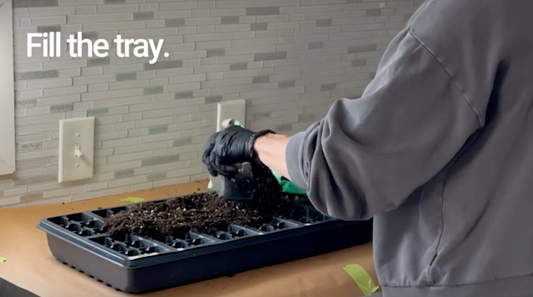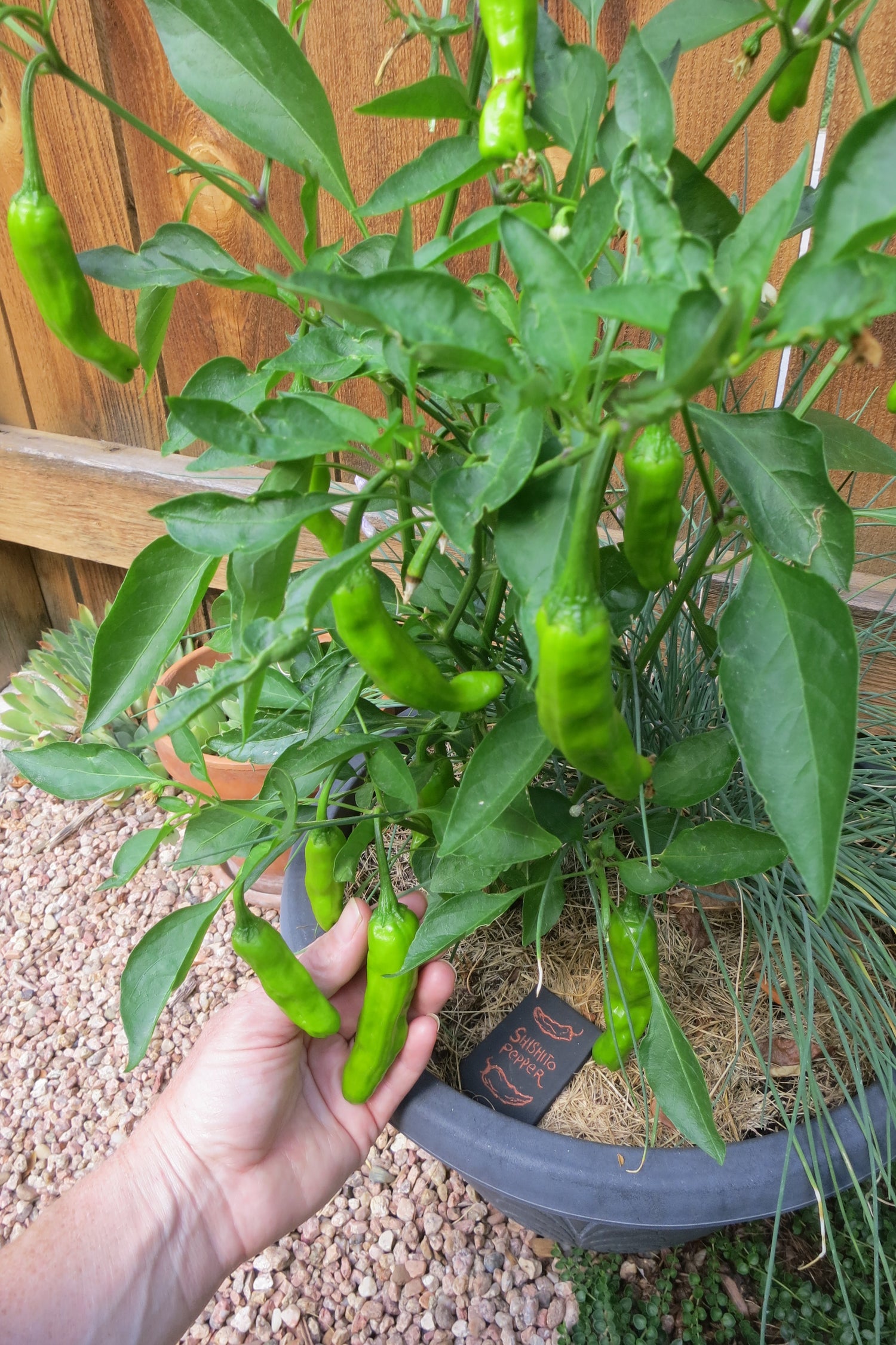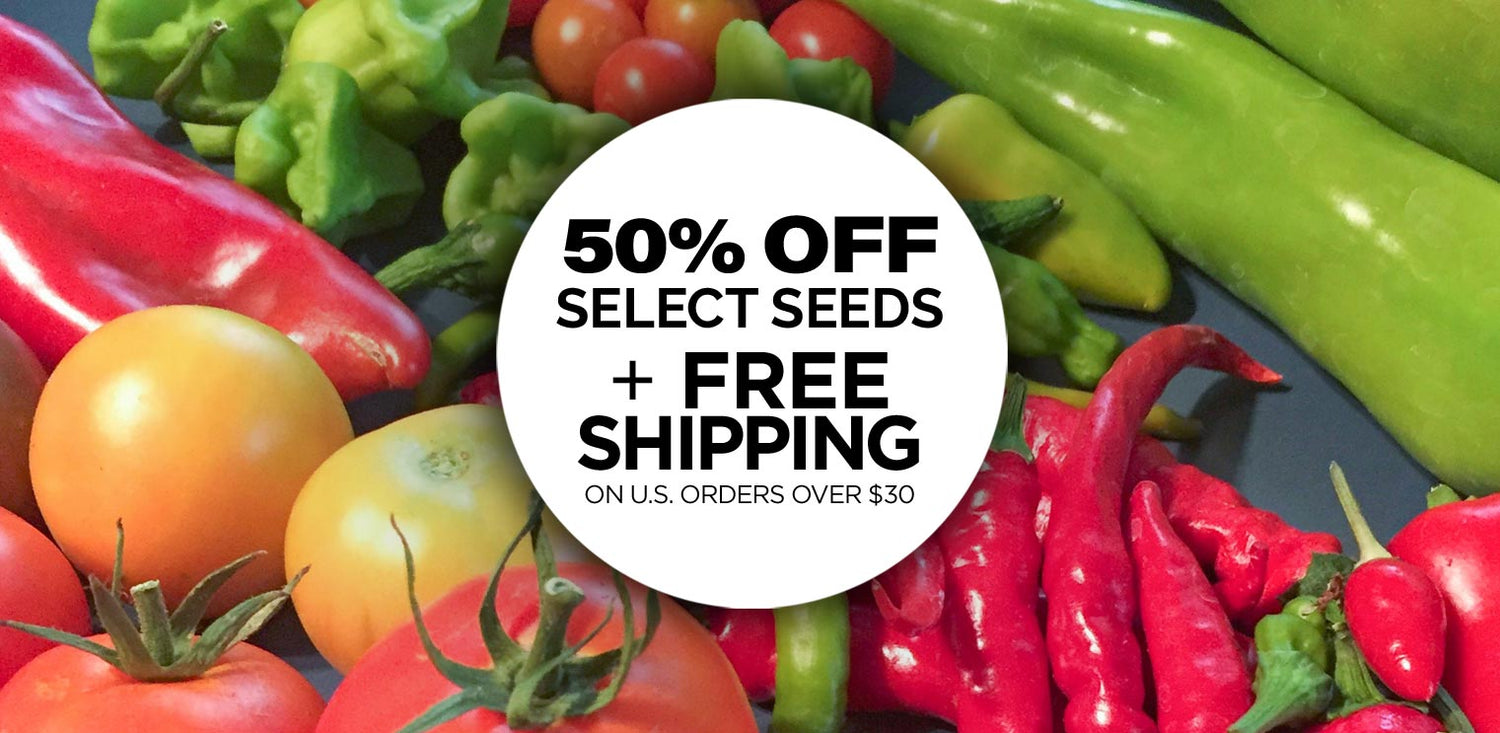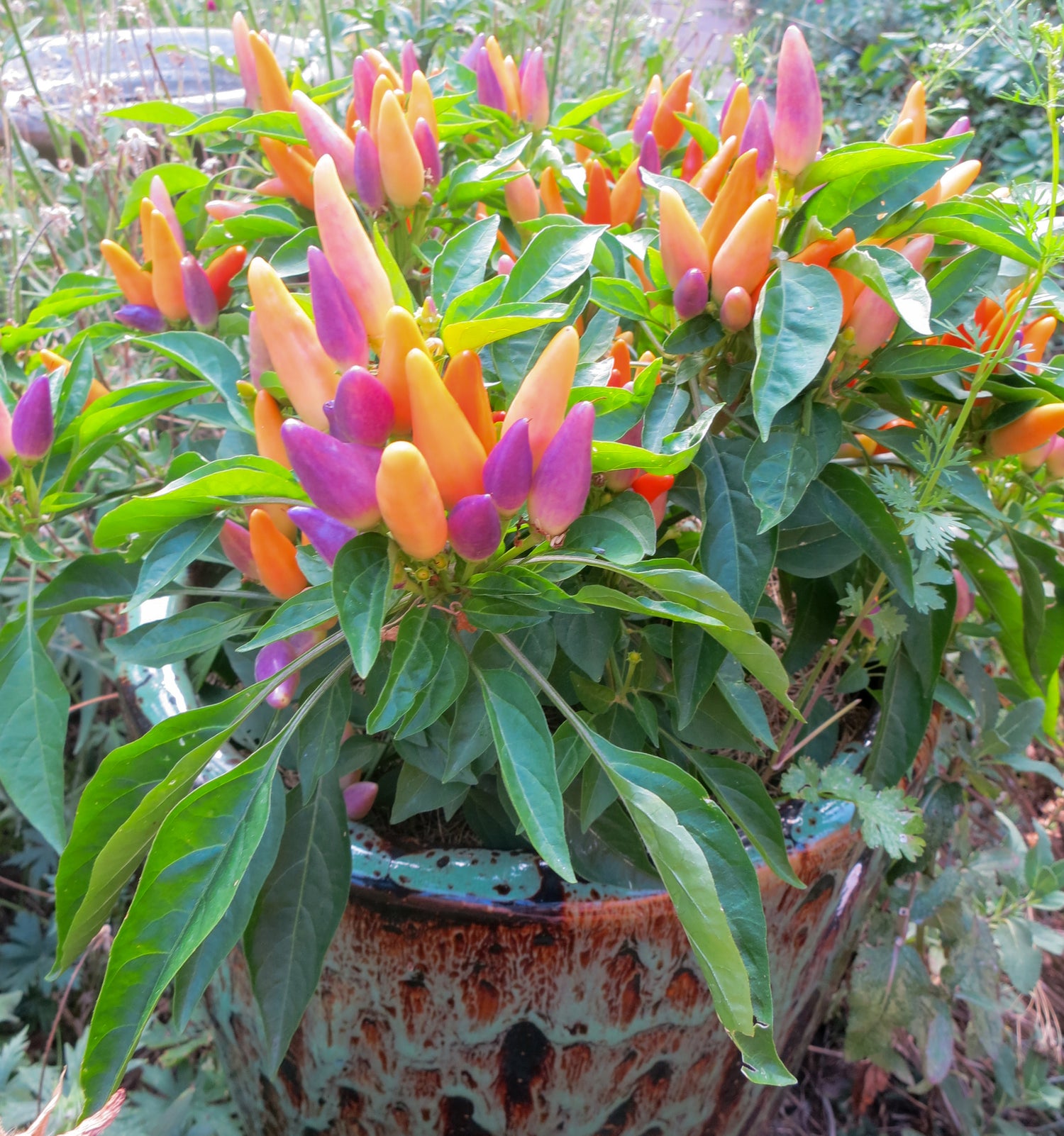
Did you know that mulching your vegetables is one of the best things you can do for plant health and production? That's right, mulch helps keep the soil moisture in and more consistent, and it also helps cut down on disease (especially on Heirloom tomatoes) as it prevents soil from splashing up on the leaves.

One quick tip:
Don't pile mulch too close to the stems, we always leave a few inches around the base free of mulch to avoid rotting stems.
When worms eat the organic material in your soil (like grass clippings or dead leaves), they process it into what some call "gardener's gold": earthworm castings. These castings (or excrement) help enrich and fertilize the soil with phosphorus, calcium, nitrogen, and magnesium that your plants can use to grow big and strong. So keeping worms well-fed with a fresh supply of grass clippings all summer long will keep them producing free fertilizer for your plants!
Worms also move the soil, acting like tiny plows, creating tunnels that help bring water and nutrients to the plants' roots. We don't even do much roto-tilling anymore, we just let the worms do their magic.
It's also very wise to cover your garden beds each winter with mulch like grass clippings or leaves. This will help insulate the earth, keep the soil moist, and keep the worms and other soil organisms thriving all winter to help build the soil while you wait for spring. :)





















